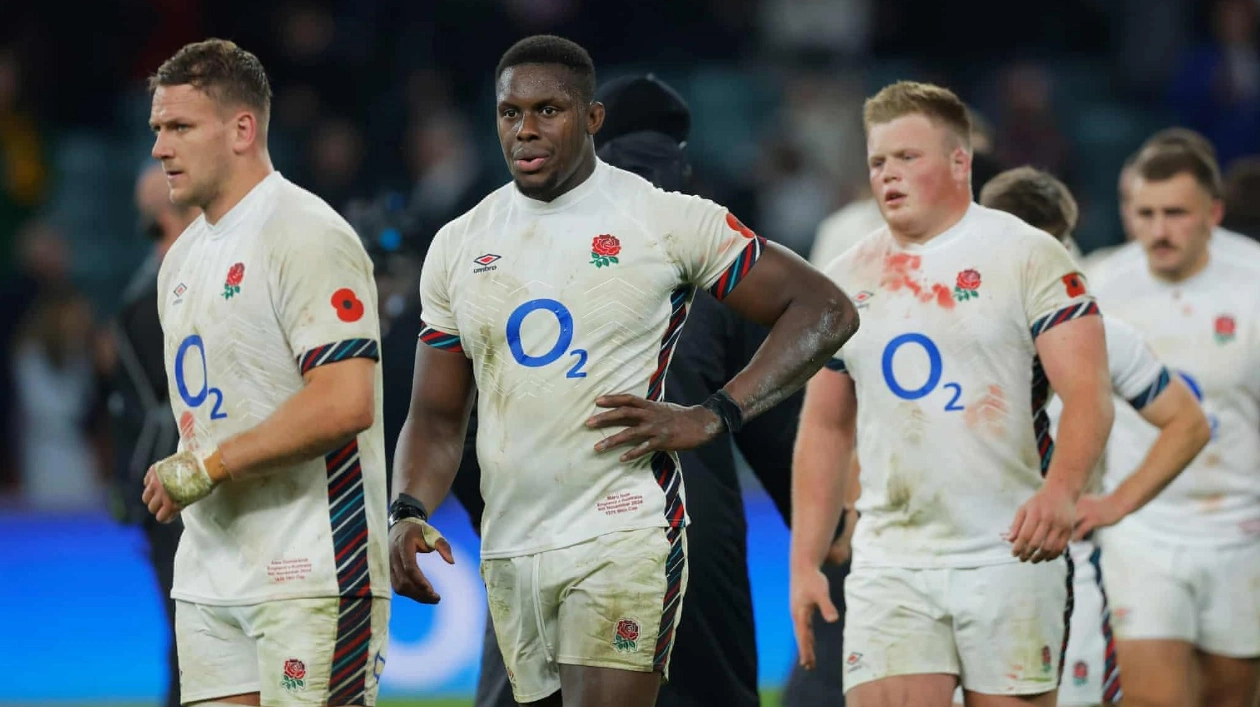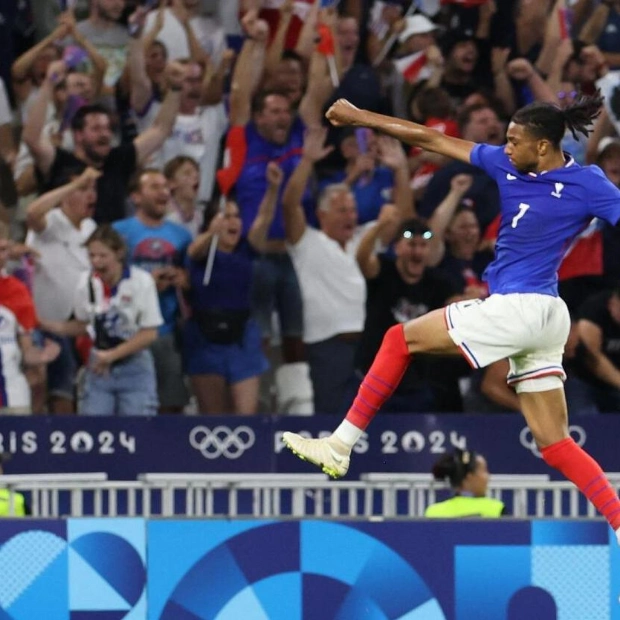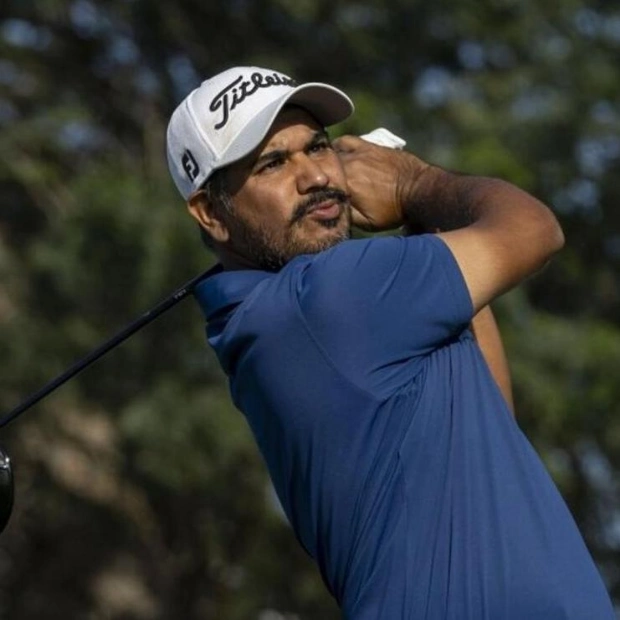The English winter is setting in, and at Twickenham, the temperature is plummeting rapidly. This week, they didn’t miss the last-minute kick, but it made no difference. This week, Marcus Smith remained on the pitch, yet that didn’t fix the issue either. England lost, again. The previous three losses were all to the All Blacks, but this one was to an Australian team ranked ninth in the world and coming off five losses in their last six games. It happened despite England holding a 12-point lead at the end of the first quarter and a two-point lead at the end of the fourth quarter. Or nearly the end, as a couple of England players began celebrating victory after the restart, thinking they had secured a late penalty that would end the game. Referee Ben O’Keeffe disagreed, and before England knew it, Len Ikitau executed a brilliant offload to Max Jorgensen, and Australia seized the opportunity.
It was an intense match, a real back-and-forth, two-hour battle. The lead changed hands four times in the second half. England took it, lost it, regained it, lost it again, came back one last time, and ultimately found themselves defeated 42-37. The 80,000 spectators inside the stadium felt they got their money’s worth, even with Twickenham’s ticket prices. The question is whether, once the excitement fades, the entertainment will be enough for the rugby public to be lenient with the team and coach Steve Borthwick for the loss.
England were on fire for the first 20 minutes, smashing their way to a 15-3 lead through two powerful tries by Chandler Cunningham-South. It came so easily that some of the team might have relaxed, as they were completely outplayed for the next 40 minutes, with Australia outscoring them 25-3. It was one of the worst passages of play since Borthwick took charge, killing any momentum they had built in the opening moments. An old rule states you should never give a Wallaby a chance, and England allowed them plenty.
Borthwick mentioned that their rhythm was disrupted by a lengthy break in play while Tom Curry was treated for a head injury and a couple of head injury assessments on Immanuel Feyi-Waboso and Ollie Lawrence. It didn’t help that they were caught off guard by Tate McDermott, who replaced Jake Gordon at scrum-half and made several crucial breaks during his brief time on the field. England regrouped, trailing 28-18. They spent most of the rest of the game in Australia’s half, where they needed to be. Ollie Sleightholme scored a superb double, bringing the score to 30-28 with 12 minutes left.
From then on, it was all about the final moments. The fans booed when they saw Borthwick bringing on Harry Randall and George Ford, but stopped when they realized Ford was replacing George Furbank and Smith was moving to full-back. It was an improvement over their performance against New Zealand the previous week. Smith and Maro Itoje led the team forward, providing the leadership needed in those critical moments. However, there were numerous errors, the most significant being the missed pass from Ford to Lawrence, allowing Andrew Kellaway to break away and score. Then, the failure to secure the restart after Smith’s last conversion gave Jorgensen the chance to score in the corner.
In those moments, England looked like the “young, developing” team Borthwick described in his programme notes. But the truth is, they are not. This team has plenty of experience and has been together long enough. Yet, they have little to show for it except a series of losses in games they should have won. England is on a run of four straight defeats and faces the world champions, South Africa, back at Twickenham on Saturday. They are under immense pressure, and one more loss this autumn would leave them in a dire situation before next year’s Six Nations, which starts with matches against Ireland and France. The toughest game of the year is shaping up to be the most crucial.
Source link: https://www.theguardian.com






